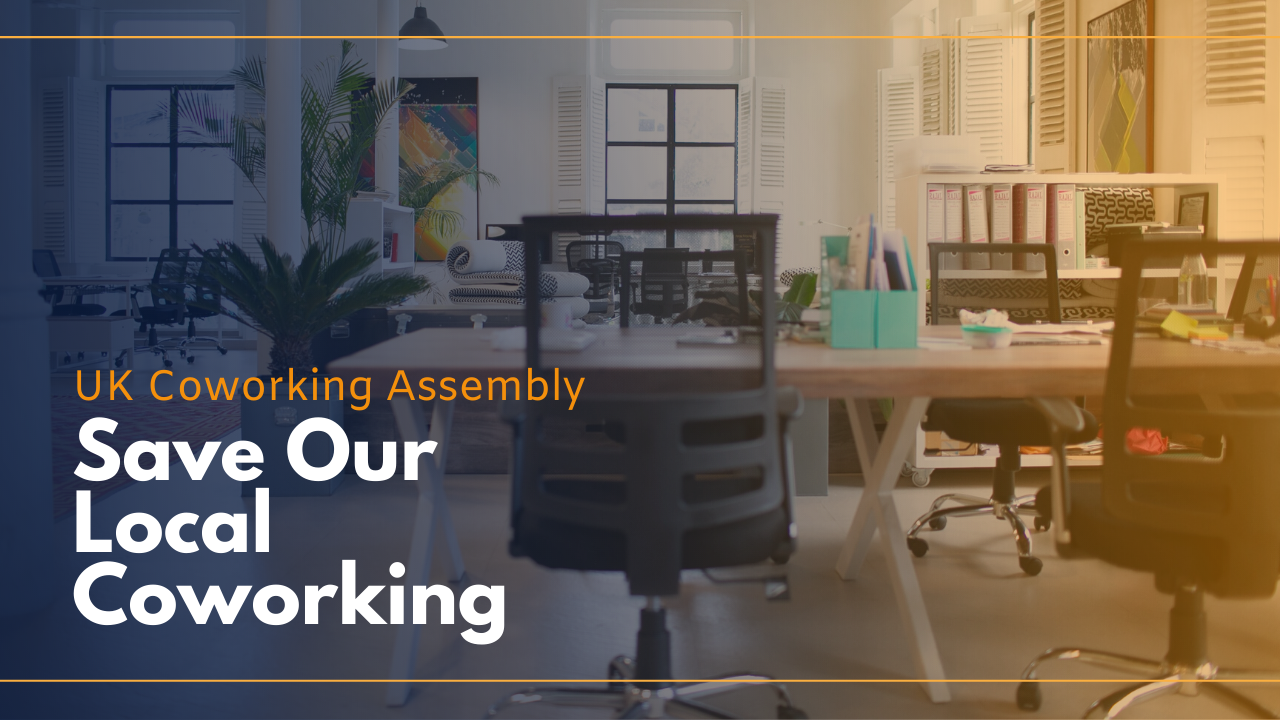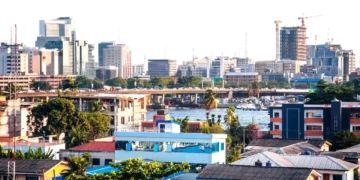- Coworking spaces are feeling the financial strain due to limited income exacerbated by reduced capacity and lease commitments.
- In the UK, most coworking spaces are ineligible for emergency funding.
- The UK Coworking Assembly has launched the campaign #SaveOurLocalCoworking to secure economic relief for independent coworking operators.
Like many other nations around the world, UK businesses are slowly reopening as lockdown restrictions are lifted. It’s a welcome and positive change, but things are far from normal.
Businesses are still reeling from the shock of the past three months, and coworking spaces in particular are feeling the financial strain. With limited income exacerbated by reduced capacity and in most cases, pressure from landlords to keep up with lease payments, coworking spaces are in a tight squeeze.
Worse, coworking spaces are not receiving business rates relief and due to classification details, most are ineligible for emergency funding.
A campaign by the UK Coworking Assembly to lobby government, #SaveOurLocalCoworking, is fighting to secure economic relief for the UK’s hundreds of independent coworking hubs.
Suggested Reading: Independent Coworking Spaces Need Our Help – Here’s What You Can Do
Now the campaign needs more voices to make sure the message hits home.
Shazia Mustafa, founder and CEO of Third Door in London, is a member of the Assembly as well as the Mayor of London’s Workspace Advisory Board. Alongside other members she is working to bring about urgent change to save the UK’s independent spaces from closure.
“Coworking spaces aren’t getting business rates relief, but we’ve still got costs,” she said in a call with Allwork.Space. “Landlords aren’t willing to provide payment holidays and I’m still receiving invoices for the rent, even though our business hasn’t made any money over the past few months.”
Third Door reopened last week, but with limited capacity. “We’ve had to physically distance everyone and reduce the number of people we allow in. We’ve also had to make a significant investment in screens, sanitizer stations, paper towels and cleaning, and there might be much more to pay for depending on what happens next.”
Another part of the financial squeeze comes from a lack of business rates relief. In most cases coworking spaces are missing out on these grants due to mis-classification and government ‘blind spots’.
Some spaces with a hybrid model, such as those with a hospitality element, have been able to receive rates relief for the non-coworking side of the business. Third Door has been able to apply for rates relief through its nursery business. But even this is still pending, and according to Shazia, nothing has yet been confirmed.
This, she says, is why the coworking industry needs a unified voice.
“We need more people onboard to make our voices heard,” she said.
“Our spaces are so valuable to local communities and small business owners. A louder voice will show the government how important our coworking spaces are, and in return we’ll get the support we need to see us through.”
#SaveOurLocalCoworking is pushing for three main outcomes to enable coworking spaces to survive:
- A 12-month Business Rates Relief and for the Small Business Rates Grant not to be based on the Rateable Value of Business Rates;
- Extension of the Retail, Hospitality and Leisure Grant (RHLG) scheme to community-based open workspaces – allowing local authorities to apply discretion in favour of open community workspaces that they know to provide positive social impact;
- Consider direct applications from applicants they have had no previous contact with. No upper limit should be applied in terms of rateable value.
Want to help? Go to saveourlocalcoworking.co.uk and add your email address to show your support for the campaign.



 Dr. Gleb Tsipursky – The Office Whisperer
Dr. Gleb Tsipursky – The Office Whisperer Nirit Cohen – WorkFutures
Nirit Cohen – WorkFutures Angela Howard – Culture Expert
Angela Howard – Culture Expert Drew Jones – Design & Innovation
Drew Jones – Design & Innovation Jonathan Price – CRE & Flex Expert
Jonathan Price – CRE & Flex Expert













